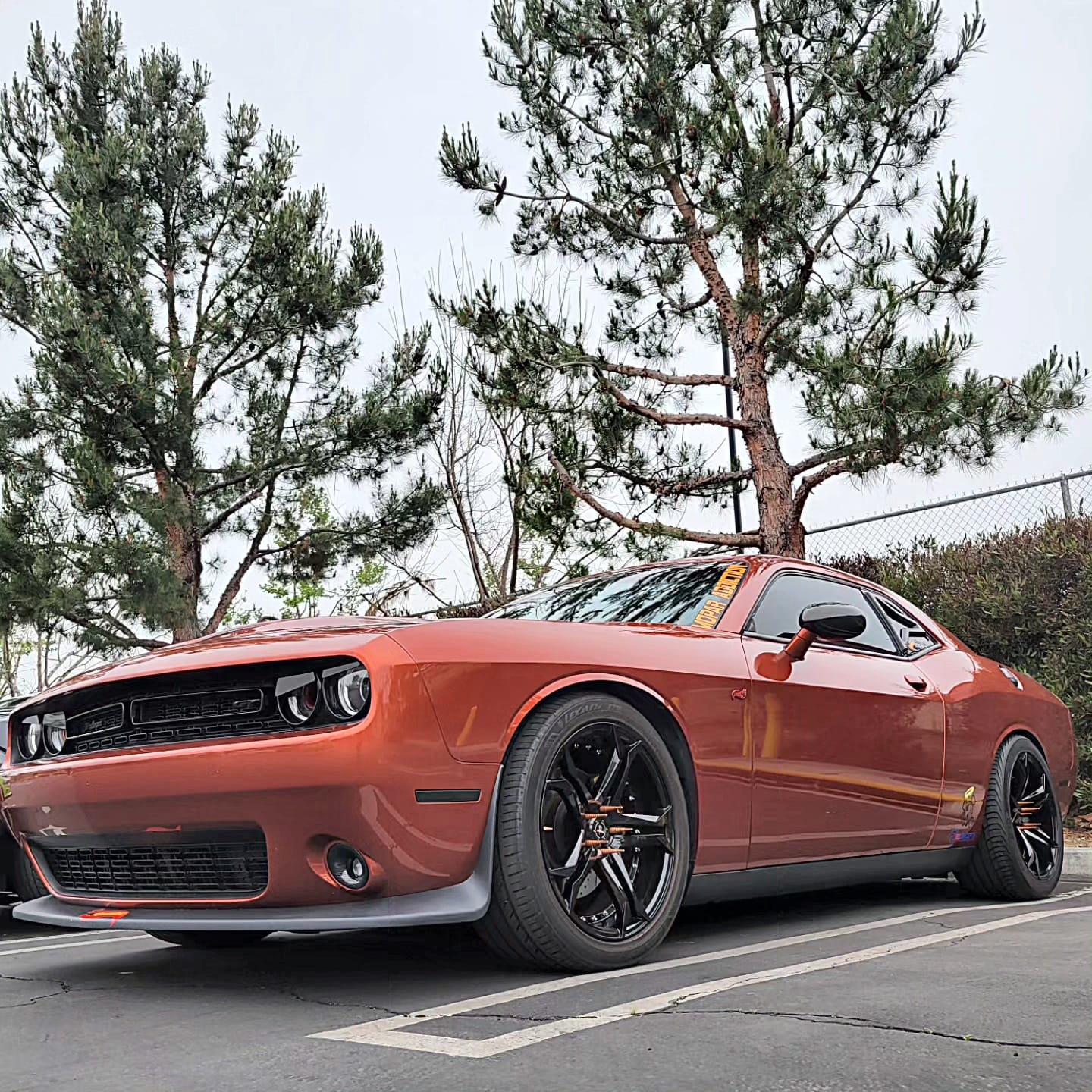Application of Forged Wheels in Automotive, Racing, Trucks, and Aerospace Industries: Requirements and Challenges
Introduction:
Forged wheels have gained significant popularity and application across various industries due to their superior strength, lightweight construction, and enhanced performance capabilities. This article explores the diverse applications of forged wheels in the automotive, racing, trucking, and aerospace sectors, highlighting the specific requirements and challenges faced in each application environment.
-
Automotive Industry:
Forged wheels find extensive usage in the automotive industry, offering numerous benefits such as improved handling, enhanced braking performance, and increased load-bearing capacity. The key requirements for automotive forged wheels include lightweight construction, exceptional durability, and resistance to corrosion. - Racing:
In the demanding world of racing, forged wheels play a crucial role in providing optimal performance and safety. Racing wheels need to withstand high speeds, extreme cornering forces, and intense impacts. Lightweight construction, high rigidity, durability, and excellent heat dissipation are critical requirements for racing forged wheels. - Trucks:
Trucks operate under heavy load conditions, necessitating forged wheels with exceptional strength and durability. The wheels must be capable of withstanding prolonged high-intensity usage while offering excellent load-bearing capacity. Furthermore, resistance to fatigue and heat resistance are crucial considerations in the trucking industry. - Aerospace:
The aerospace industry demands the highest standards of performance, safety, and reliability. Forged wheels used in aircraft applications must possess exceptional strength-to-weight ratios, superior durability, and resistance to extreme temperature variations. Advanced materials and precise manufacturing techniques are employed to meet the stringent requirements of aerospace forged wheels.
Challenges:
Irrespective of the application domain, the production of forged wheels presents several challenges that manufacturers must address:
- Material Selection: Choosing the right material is crucial to meet the specific requirements of each application environment. Factors such as strength, weight, heat resistance, and fatigue resistance need to be considered.
- Manufacturing Processes: Forged wheels require sophisticated manufacturing processes to ensure consistent quality and precision. Advanced forging techniques, heat treatment, and machining operations are employed to achieve the desired characteristics.
- Cost-Effectiveness: The production of forged wheels involves complex manufacturing processes, resulting in higher production costs compared to other wheel types. Balancing cost-effectiveness while maintaining high-quality standards is a constant challenge for manufacturers.
Conclusion:
Forged wheels have found wide-ranging applications in the automotive, racing, trucking, and aerospace industries. Each application domain presents unique requirements and challenges, necessitating the use of advanced materials, precise manufacturing techniques, and continuous innovation. By meeting the demands of various environments, forged wheels continue to enhance performance, safety, and reliability across multiple industries.


